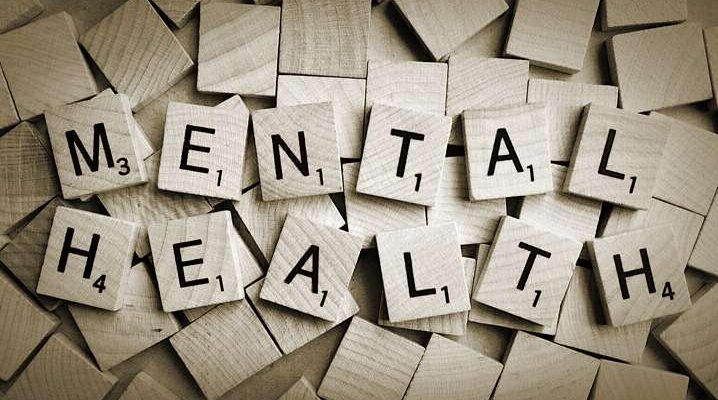Mental health is a critical component of overall well-being. It affects how we think, feel, and behave in our daily lives. Unfortunately, stress, anxiety, and depression are common experiences for many people. Here are some tips on coping with these mental health conditions.
Stress
Stress is a normal part of life, but too much stress can have negative effects on our mental and physical health. To cope with stress, it’s important to identify the source of stress and find healthy ways to manage it. Some techniques for managing stress include:
1. Exercise: Physical activity can help reduce stress by releasing endorphins, which are natural mood-boosters.
2. Relaxation techniques: Techniques such as deep breathing, meditation, and yoga can help reduce stress and promote relaxation.
3. Time management: Prioritizing tasks and setting realistic goals can help reduce stress levels.
4. Social support: Talking to friends, family, or a therapist can help manage stress and provide emotional support.
Anxiety
Anxiety is a feeling of worry, nervousness, or unease about something with an uncertain outcome. It can range from mild to severe and can affect a person’s ability to function. Some tips for coping with anxiety include:
1. Identify triggers: Understanding what triggers anxiety can help manage symptoms.
2. Cognitive-behavioral therapy (CBT): CBT is a type of therapy that helps people identify and change negative thought patterns and behaviors that contribute to anxiety.
3. Mindfulness meditation: Mindfulness meditation helps people focus on the present moment, which can reduce anxiety symptoms.
4. Medication: In some cases, medication may be prescribed to manage anxiety symptoms.
Depression
Depression is a common mental health condition that can affect a person’s mood, energy, and ability to function. It’s essential to seek professional help if you suspect you may be experiencing depression. Some tips for coping with depression include:
1. Seek professional help: A mental health professional can provide support and recommend treatments that can help manage depression symptoms.
2. Exercise: Physical activity can help improve mood and energy levels.
3. Social support: Talking to friends and family can provide emotional support and reduce feelings of isolation.
4. Healthy lifestyle: Eating a healthy diet, getting enough sleep, and avoiding alcohol and drugs can help manage depression symptoms.
Conclusion
Mental health conditions such as stress, anxiety, and depression are common experiences for many people. It’s important to seek professional help if you suspect you may be experiencing any of these conditions. In addition to professional help, there are several self-care strategies that can help manage these mental health conditions. These strategies include exercise, relaxation techniques, time management, social support, identifying triggers, CBT, mindfulness meditation, medication, and healthy lifestyle habits. By practicing these coping strategies, individuals can better manage stress, anxiety, and depression and improve their overall mental health and well-being.









